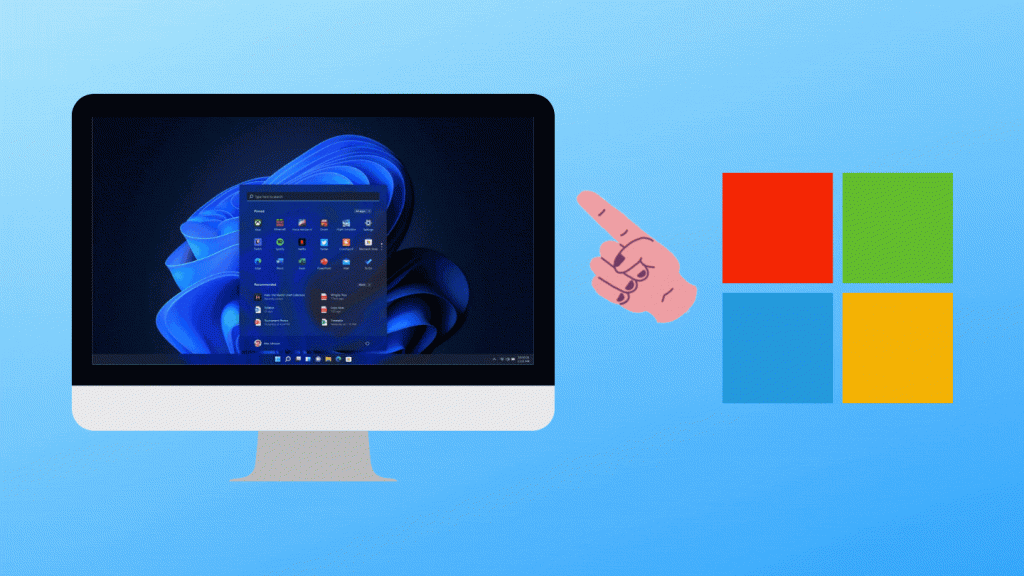Just to be clear, in case the headline wasn’t, a Microsoft spokesperson has told The Register that Windows 11 will not be supported on Apple’s M1 devices. Put differently, Microsoft will continue to not support its operating system, something it’s always never done, on a competitor’s hardware.
Not supporting it doesn’t mean it won’t run, but if you screw things up don’t go crying to Microsoft to help you unscrew them, you’ll find yourself blue-ticked. If you’re one of those people that need to work in both macOS and Windows for some reason, you might still be able to do that with virtualisation solutions, like Parallels. Then at least you have some support at your disposal when things inevitably go tits-up.
Microsoft is pushing away those that love it most
If you’ve been following the news leading up to the launch of Windows 11, then you might feel similar to how we do: apprehensive. These days, whenever Microsoft announces something new about the OS, it usually ends up with fewer people wanting to or being able to switch.
As it stands, unless you’re running a second-gen Ryzen CPU or later, or an 8th-gen Intel CPU or later, your PC isn’t technically supported. Your device will need a TMP 2.0 enabled chip and — here’s maybe the worst part — you might have to sign in with a Microsoft account. The updated PC Health Check app still hasn’t been released yet, so you can’t check to see if your device is supported or not.
If you want to install Windows 11 on unsupported hardware, you’re facing the blue-tick treatment again. And don’t expect any of those useful security updates either. If that wasn’t bad enough, Microsoft is changing how you choose default apps for things like your internet browser — and not for the better.
We’ll need to wait and see just how dire things are on the 5th of October when the OS will start to release to supported systems.




